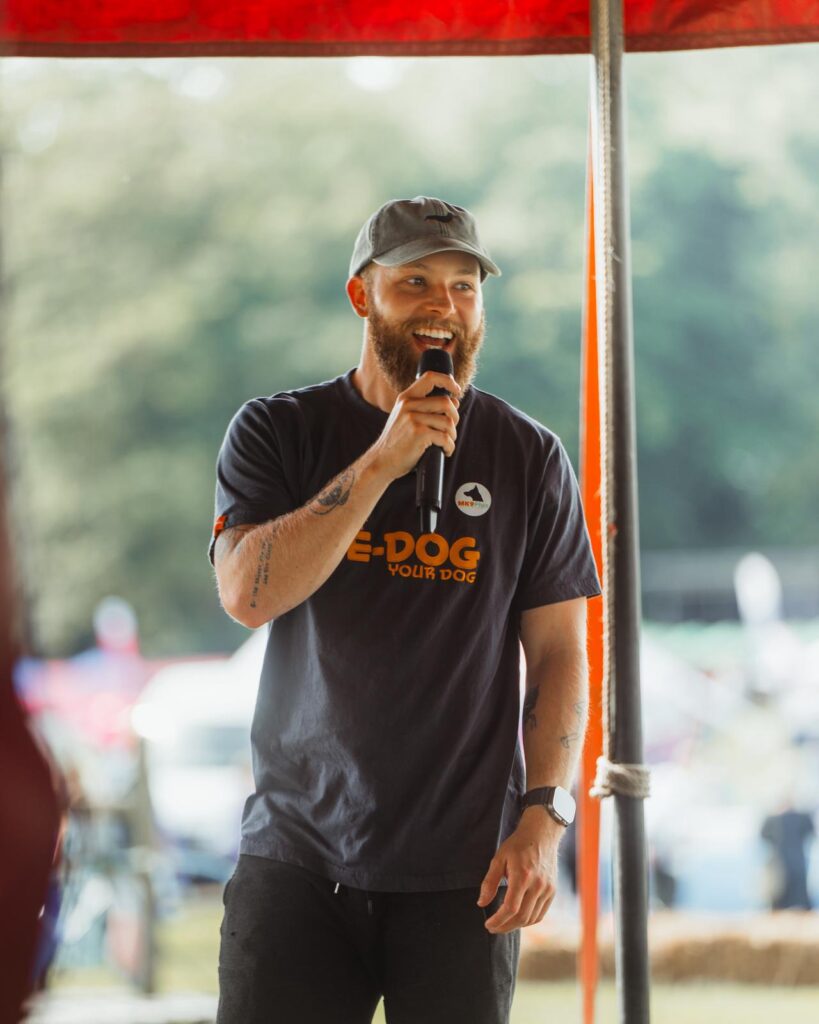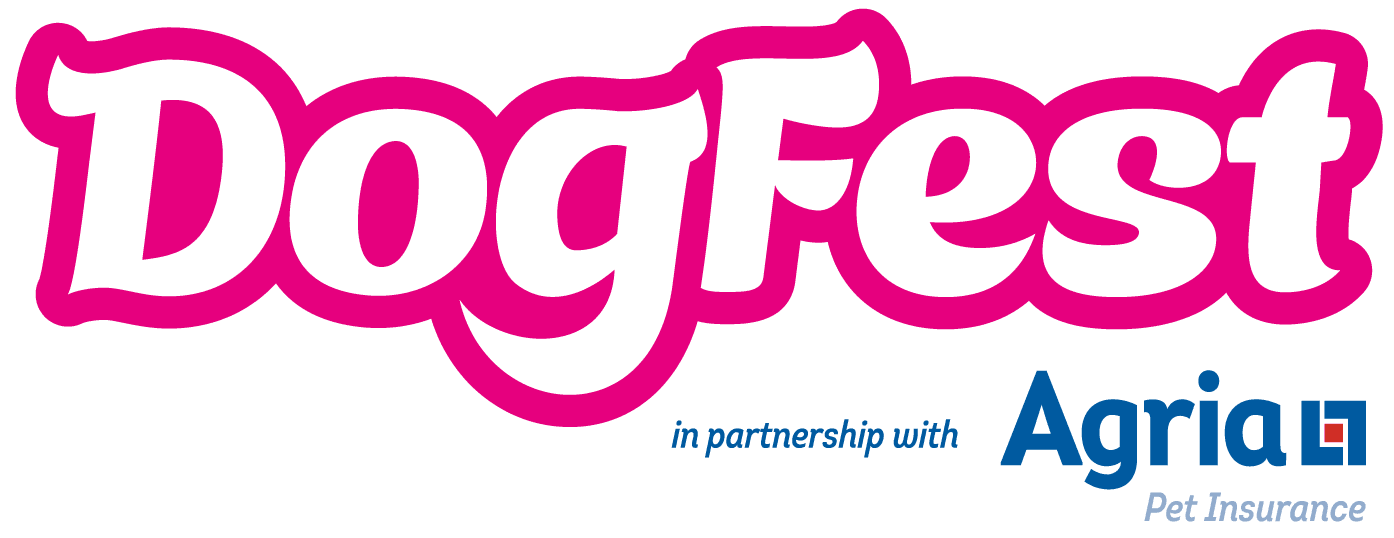Hi crazy dog owners – my name’s Max, and I’m technically a dog trainer. I say “technically” because while my qualifications and accreditations prove it, I’m not what TV shows or social media usually present as a dog trainer. I don’t spend my days barking commands, dishing out treats, or punishing bad behaviour.

Since 2018, I’ve worked with over 1,000 dogs in person, and since 2021 my online platform MK9Plus has helped more than 10,000 owners. Along the way, over 300,000 people have followed me online – not because I share the same old “quick fix” training tips, but because I offer something different: support that solves the problem, helps you long term and perspective.
So when DogFest asked me to explain why dogs chew things for attention, I knew it was the perfect chance to shift perspective. Because the real question isn’t how to stop it. The real question is why it’s happening.
Chewing isn’t the problem
When a dog chews for attention, most owners expect advice like: punish them, distract them with toys, or ignore it until it goes away. But those are outdated ways of managing behaviour.
Here’s the truth: your dog isn’t chewing because they love destroying things… they’re chewing because you’ve trained them to.
Not on purpose, of course. But if chewing reliably gets your attention, even negative attention, your dog learns it works. And dogs repeat what works.
So the behaviour – chewing – isn’t the root problem. The real problem is the need for attention.
The state, not the behaviour
This is something I say to all my members: behaviours are just surface-level expressions. Whether it’s chewing, barking, digging, or jumping, the real question is always the same:
What state is the dog in?
A calm, fulfilled, well-rested dog doesn’t need to demand constant attention. A frustrated, overtired, or over-aroused dog does.
Sleep is the first place to look. Dogs need around 18 hours of rest a day. Without it, arousal levels stay high. Sleep is the number one way a dog’s arousal drops. If they’re not getting enough, frustration builds. That frustration is what fuels attention-seeking behaviours.
Why the frustration?
If your dog is constantly demanding attention, it’s usually because key needs aren’t being met. Three big ones stand out:
1. Breed-specific outlets – Dogs were bred for jobs. Terriers dig and hunt, collies herd, hounds chase and track. If those instincts don’t have an outlet, frustration builds.
2. Real mental work – Chewing toys or licking mats won’t cut it. Dogs need problem-solving activities, sniffing games, and meaningful training sessions that challenge their brain.
3. Sleep – Not just naps, but deep, quality rest. Without it, their system never truly resets.
Miss any of these, and attention-seeking becomes inevitable.
Over-arousal and pain
Even if you’re meeting your dog’s needs, life can push them into over-arousal. Maybe guests visited, the kids were home, or something exciting happened on a walk. People often call this overstimulation, but really it’s over-arousal. And when a dog’s arousal is high, even if they’re physically tired, they can’t switch off and sleep.
If attention-seeking is a new behaviour, pain is also worth considering. Pain creates stress, stress raises arousal, and that too can lead to frustration.
It’s all connected
Here’s the bigger picture: the dog that chews for attention is often the same dog that pulls on the lead, struggles with recall, or can’t settle at home. These aren’t separate problems. They’re all symptoms of the same underlying state.
And that’s the key message: lifestyle is everything. If you don’t address your dog’s lifestyle, you’ll spend your whole life managing behaviours instead of solving them.

The perspective shift
So next time your dog grabs a shoe and starts chewing when they want attention, don’t ask, “How do I stop this?” Ask, “Why does my dog need my attention so badly?”
The behaviour is never the real problem. The real problem is unmet needs, poor sleep, or lingering arousal. Solve those, and you don’t just stop the chewing – you transform your dog’s life.
If you would like to find out more about Max, find the link to his website here, Instagram here, and Facebook here.


